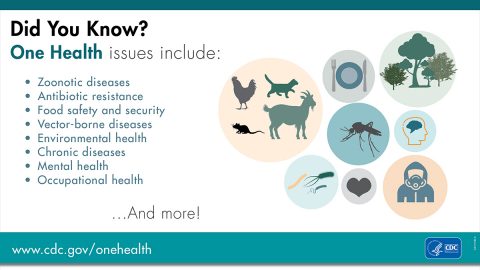New Info For Choosing Dogs Supplements
Wiki Article
What Are The Most Frequent Pet Health Conditions?
The medical problems that animals face can be different according to age, species, and the general health of the animal. Some of the most commonly encountered problems that animals suffer from include:
Heart Disease- Heart disease like congestive failure, can cause reduced the function of the heart in animals. This is especially the case in older animals. Endocrine Disorders- Hormonal imbalances, such as Cushing's disease or hypothyroidism can affect animals' general health.
Diabetes mellitus is treatable with insulin therapy as well as dietary adjustments.
Renal (Kidney Disease) - Kidney disease can be common in cats and dogs who are older. It may require medical attention and diet changes.
Bladder or Urinary Tract Issues. Conditions such as bladder stones, urinary infections and urinary insanity can cause problems for dogs.
Allergies - Animals may suffer from allergies to food, environment, or contact which may cause digestive or skin issues.
Behavior Problems - Animals suffering from behavioral problems, like anxiety, aggression or phobias, may require to be handled by a veterinarian.
Injuries and wounds Accidents, fights, or falls may cause soft tissue injuries, such as fractures. This requires medical attention. Regularly scheduled veterinary exams, vaccinations for animals as well as parasite control, and a balanced diet can all assist in preventing medical issues. The veterinarian should be contacted immediately if the animal is showing signs of disease. The best of the finest pet skin and coat supplements for website advice.

What Are The Top Probiotics, Vitamins And Supplements For Dogs To Give Them?
The selection of probiotics, vitamins and supplements for dogs ought to be based on the individual needs of your dog and any advice from a vet. It's vital to give your dog a balanced and balanced diet. However, some dogs will benefit from supplements. Here are some common supplements for dogs along with their potential benefits
Multivitamins: A good-quality diet for dogs must contain the majority of the vitamins and minerals that your dog requires. If your dog has diet restrictions or requires extra support, a multivitamin may be helpful. You should make sure the vitamin is for dogs as some can be harmful if taken in excess. Omega-3 Fat Acids - Omega-3 acids, such as fish oils can help to aid in the maintenance of your skin and hair, reduce inflammation and promote joint health. They are usually recommended for dogs with skin issues, allergies or arthritis.
Probiotics: Probiotics have beneficial bacteria which can improve digestion and help maintain the gut microbiome in a healthy state. Probiotics can help reduce symptoms of diarrhea, as well as to improve the immune system.
Glucosamine and Chondroitin- These supplements are commonly used to support joint health and reduce arthritis symptoms for dogs, specifically for large breeds or older dogs.
It's crucial to consult with your vet prior to giving your dog any kind of supplement and as they will offer advice that is specific to your dog's needs and conditions. The dosage may differ based on your dog's age, size and health status. Excessive supplementation is harmful. It's also important to select supplements from brands you trust. Consult with your veterinarian immediately if there are any strange reactions or signs. A well-balanced and veterinarian-recommended diet is typically the best way to meet your dog's nutritional needs, and supplements should only be used when necessary and under professional guidance. Check out the best pet herbal supplements for lactating dogs for more advice.

What Is The Prevalence Of Skin Allergies, Yeast Infections And Kidney Failure In Dogs? What Are The Treatments?
There are many conditions that can be affecting your dog, such as yeast infections and allergies to skin. They can be severe or mild dependent on the breed, age, and overall health. This article provides a summary of these ailments as well as their frequency and potential treatments-
Kidney Disease (Renal Disease). Prevalence. Although kidney disease is less common for dogs than skin issues however, it is still a problem for them as they get older. It may be acute (sudden appearance) or it can be chronic (developing slowly).
The symptoms include increased or decreased the frequency of urination.
The treatment is contingent on the type of kidney disease. Acute kidney disease often requires hospitalization, intensive care as well as other types of medical treatment. Lifestyle changes, blood pressure medications, and kidney-supporting medications can be utilized to manage the chronic kidney condition. The early detection and treatment is crucial because it's a condition which progresses.
There are a few breeds that suffer from these issues. The severity of these diseases can also vary between breeds and dogs. Regularly scheduled veterinary exams as well as a balanced diet and preventative steps (such as good hygiene and flea prevention) will all help lower the risk. If you think your dog may have a medical issue, including yeast infections, skin allergies or kidney problems It is crucial to talk with a veterinarian to get the most accurate diagnosis and treatment program. Early intervention can result in greater outcomes and better the quality of life for your dog. Take a look at the best pet herbal supplements for mixed breed dogs for site recommendations.
